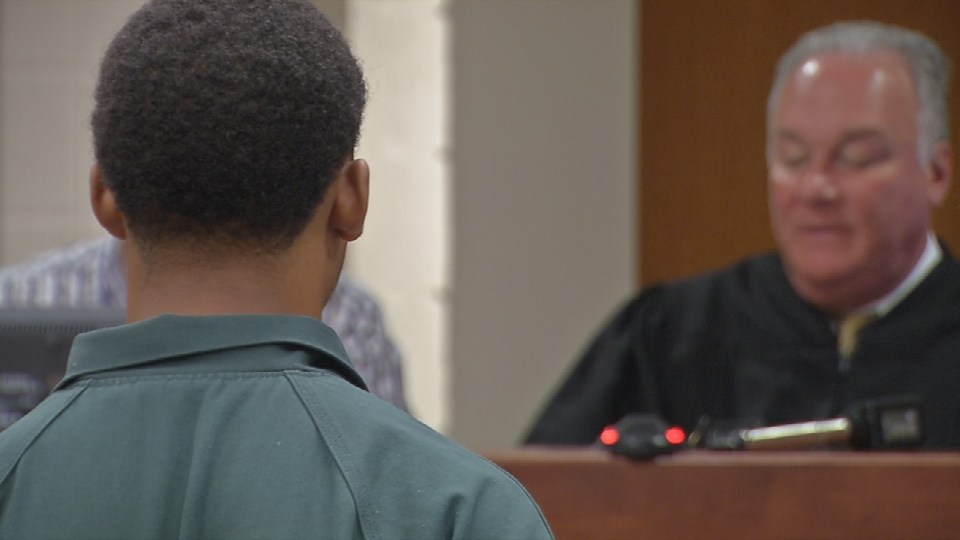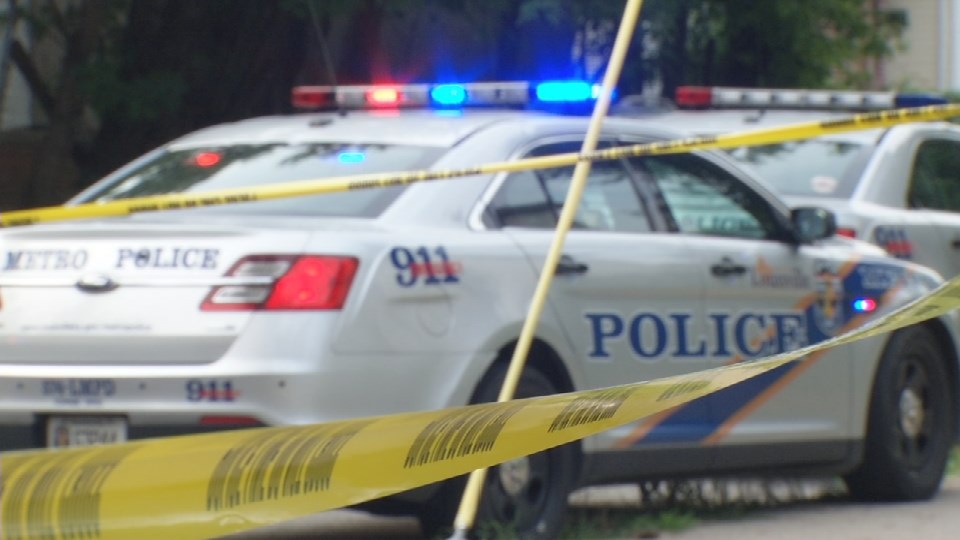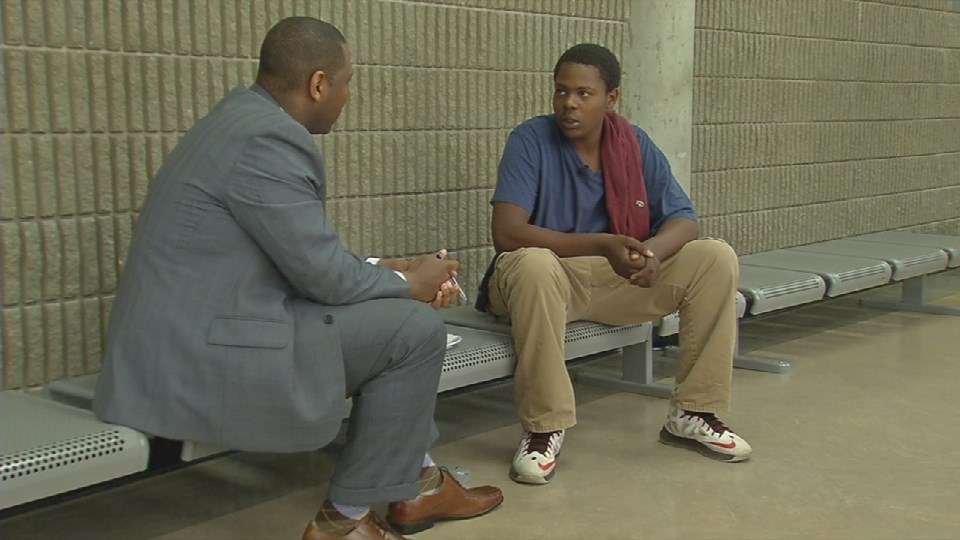By Gil Corsey –CONNECT
LOUISVILLE, Ky. (WDRB) — A new law may be making the fight with juvenile crime in Louisville a tougher battle to win.
Senate bill 200 showed good intentions for troubled teens in Kentucky but produced some bad outcomes in the largest city in the state. The 113-page law was billed as, “Juvenile Justice Reform.” It passed the legislature with bi-partisan support in 2014, aimed at reducing Kentucky’s juvenile detention population by boosting diversion or second chance programs.
“Previously, juveniles were only eligible for up to two diversion opportunities,” said J.R. Hopson, Juvenile Service Manager for Kentucky’s Administrative office of the court. “The bill now allows the kids to have access for up to four diversions.”
It marked the most tangible change as kids got four chances to break the law without ever seeing a judge: three misdemeanor or status offenses and a felony.
More Minors Tied To More Serious Crimes
Two years into the reform, Louisville is seeing a dramatic rise in juvenile’s crime.
“People dying like every single day,” said 17-year-old Tavon Yelder. “Like ever day I go home, I see an ambulance on the street somewhere.”
A WDRB News investigation found that many of the kids who got a second, third or even fourth chance found more trouble. Yelder admits he was one of them.
“I could have been got killed,” he said, recounting a shooting near a TARC bus stop. “I guess it was just God, because I’ve been spared a couple times.”
Yelder said his spiral into the juvenile justice system started with drugs and stolen cars at the age of 16. Diversion made him do community service at his church. He then became involved in a burglary and troubles with truancy, but he said he’s still better off than his friend.
“He got murder,” Yelder said. “He found a gun and wound up getting caught doing something stupid.”
Five of the seven minors charged as adults with murder in Louisville last year were on diversion.
Kentucky seals juvenile records, but SB 200 required extensive recidivism tracking. WDRB News filed freedom of information act requests on recidivism numbers specific to Jefferson County after the bill’s passage.
In total for 2016, 166 kids in the city returned to the system with more serious crimes, from murder to manslaughter, wanton endangerment to burglary and robbery to arson.
As the number of juveniles receiving diversion increases, so goes the number of those re-offending with serious/violent crimes. In 2015, 1,173 minors received diversion, and 58 returned with serious/violent charges.
In 2016, 1,604 minors received diversion, and 166 returned with serious/violent charges .
The 2017, totals are on track to reach 2,000 minors on diversion and 300 returning with serious/violent charges.
Oversight
Senate Bill 200 also created a juvenile justice oversight council to oversee the implementation and impact of the legislation.
Louisville Metro Police 5th Division Maj. Shara Parks sits on the council. Despite the data, Parks said the group sees the new law as a success.
“If a 12-year-old is out doing armed robberies, there’s a bigger problem,” Parks said. “We need to attack the bigger problem and figure out, A, how come no one knew where you were ,and if they knew why, were they letting you do the things you were doing? And B, why were you doing that? Is it Because you need food? Is it because you need clothes?”
Parks said the council supports the bill because it bolsters the court-designated worker program. It’s a team in every county tasked with keeping kids out of court, out of lockup and in a deal for diversion to address what’s behind their crimes.
Hopson manages all the CDWs in the state. He said diversion contains, “some component of prevention, education, accountability and treatment if necessary within each agreement.”
Statewide, Hopson said 40 percent of those juveniles who get diversion re-offend within two years.
“I understand the concern about the offense and re-offending at those levels, and I assure you that is something we are working on as a program, ” he said.
“I don’t believe it means Senate Bill 200 has failed,” said Jefferson County Juvenile Court Judge David Holton. “I think it means we have troubled families out there and kids who are not being properly served by the system.”
The Cycle
Yelder seems genuinely committed to getting it right this time.
“I got to stop hanging with the same people,” he said. “Can’t be around the same people. I feel like I’m in a whole lot of stuff just cause of people.”
At a recent truancy hearing, Holton ordered him to write a five-page essay on how he will keep his life on track. Soon after, Yelder voluntarily met with a ReImage counselor at the Kentucky Youth Career Center.
The counselor offers job placement, help with school and therapy for trauma, but Yelder didn’t return for class the next day.
He has 30 days in juvenile jail hanging over his head if he messes up again.
Copyright 2017 WDRB Media. All rights reserved.



